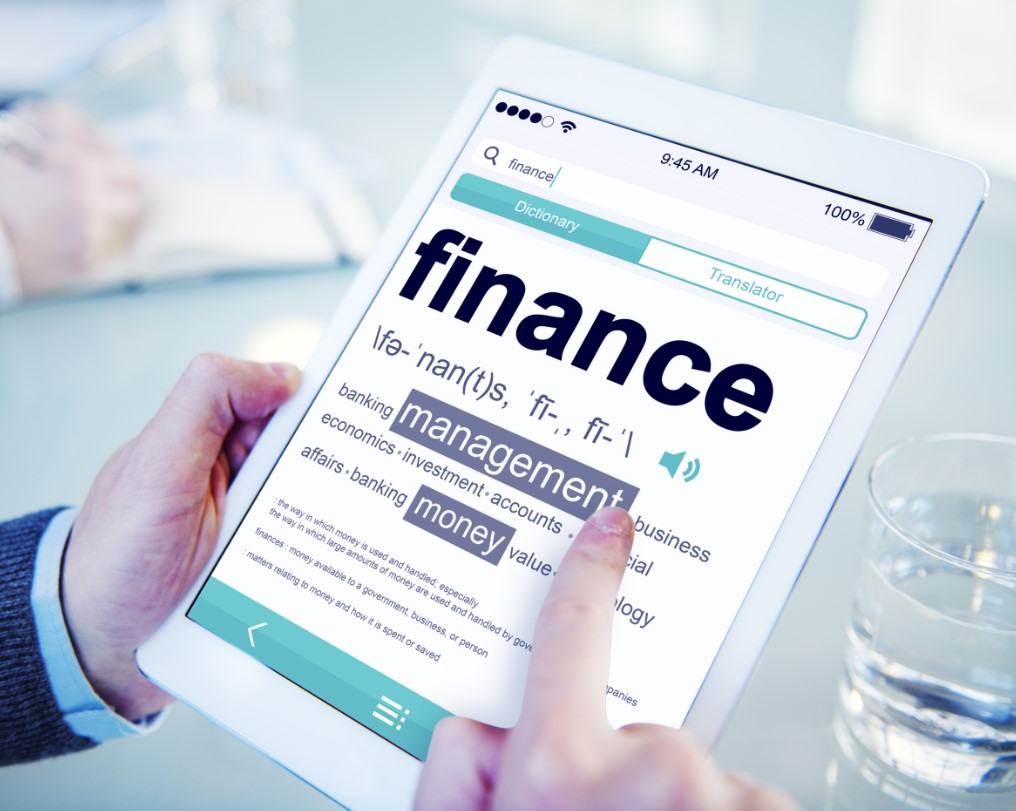APR, FICO score, and revolving debt are just a few of the common credit terms. Although these terms are related to personal finance are a part of our everyday vocabulary, many of us are unaware of them. Below you will find a list of the more common terms relating to personal finance.
Financial Glossary (Commonly Used Credit & Debt Terms)
1. Annual Fee
An annual or yearly fee charged by a credit card company each year for use of a credit card. This is a separate fee from the interest rate charged on purchases.
2. Annual Percentage Rate (APR)
The interest rate charged on credit card balances expressed in a standardized, annualized way. This rate is applied each month that an outstanding balance is present.
3. Balance
The amount owed on a loan or credit card or the amount in a savings or investment account.
4. Bankruptcy
A legal proceeding declaring that an individual is unable to pay debts. Chapters 7 and 13 of the federal bankruptcy code govern personal bankruptcy.
5. Collection Agency
A business that pursues payments on debts owed by individuals or businesses. Most collection agencies operate as agents of creditors and collect debts for a fee or percentage of the total amount owed.
6. Credit Report
A loan and bill payment history kept by a credit reporting company and used by financial institutions and other potential creditors to determine the likelihood that a future debt will be repaid.
7. Credit Score
A number generated by a statistical model that objectively predicts the likelihood that a debt will be repaid on time. There are hundreds of different scoring models.
8. Delinquency
The failure to make timely payments under a loan or other credit agreement
9. Due Date
Credit card bills have a due date. If your credit card payment does not arrive and gets posted by the due date, you will be charged a late fee. it’s important for credit cardholders to watch their payment due dates since they sometimes change. Some credit card issuers allow their customers to set their own due dates.
10. FICO
Acronym for the company that introduced credit scores. FICO is still one of the most used providers of credit scores.
11. Fixed Payment
The monthly payment is always the same amount (i.e. car loan) or a set amount paid to a credit card bill to pay it off faster and spend less on interest
12. Minimum Payment
The lowest amount of money that you are required to pay on your credit card statement each month. Your credit card terms and conditions will explain how your minimum payment is calculated. Typically store cards are usually 1% and bank cards are 2.08% of your balance.
13. Over-Limit Fee
A fee charged when your balance goes over your credit limit. When cardholders attempt to make purchases that will put them over their credit limit, card issuers used to decline the transactions. The Credit CARD Act of 2009 requires that credit card issuers give account holders the option to opt-in to over-limit fees. Without the consumer’s consent, they cannot charge over-limit fees.
14. Secured Credit Cards
Require collateral of usually a cash deposit with the issuing institution for approval. They are designed for people with no or poor credit. Some secured card marketers load these cards with high fees and unfavorable terms, taking advantage of the fact that those seeking the cards are often desperate. Research the terms and conditions before opening a secured card.
15. Terms and Conditions
The common name for the document in which credit card issuers describe their practices in detail. After a consumer applies for a credit card and receives it in the mail, the first use of the card turns the terms and conditions into a legal contract.
16. Unsecured Credit Cards
The most common type of credit card. They are not secured by collateral. That means that unlike secured loans, such as mortgages or auto loans, unsecured credit cards are not directly connected to property that a lender can seize from the cardholder if he or she fails to pay. Issuers of unsecured cards must make use of other means, such as the courts or wage garnishment, to collect unpaid debts. Customers qualify for unsecured cards based on their credit history, their financial strength, and their earnings potential.

